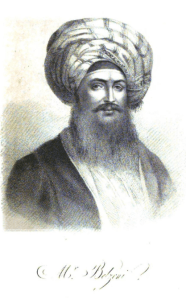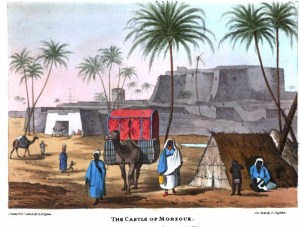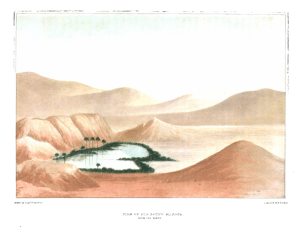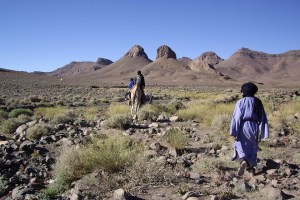
When studying the history of the exploration of the African continent, one is struck by the relative recentness of our acquisition of its geographic details. Ancient man undoubtedly mounted expeditions here and there, but none of them has left a lasting modern mark. Egyptians, Carthaginians, Greeks, and Romans eventually contented themselves with an awareness of the continent’s general contours. Its interior they count not penetrate; deserts, mountains, rain forests, disease, heat, and hostile native peoples proved too forbidding.
Continue reading






You must be logged in to post a comment.